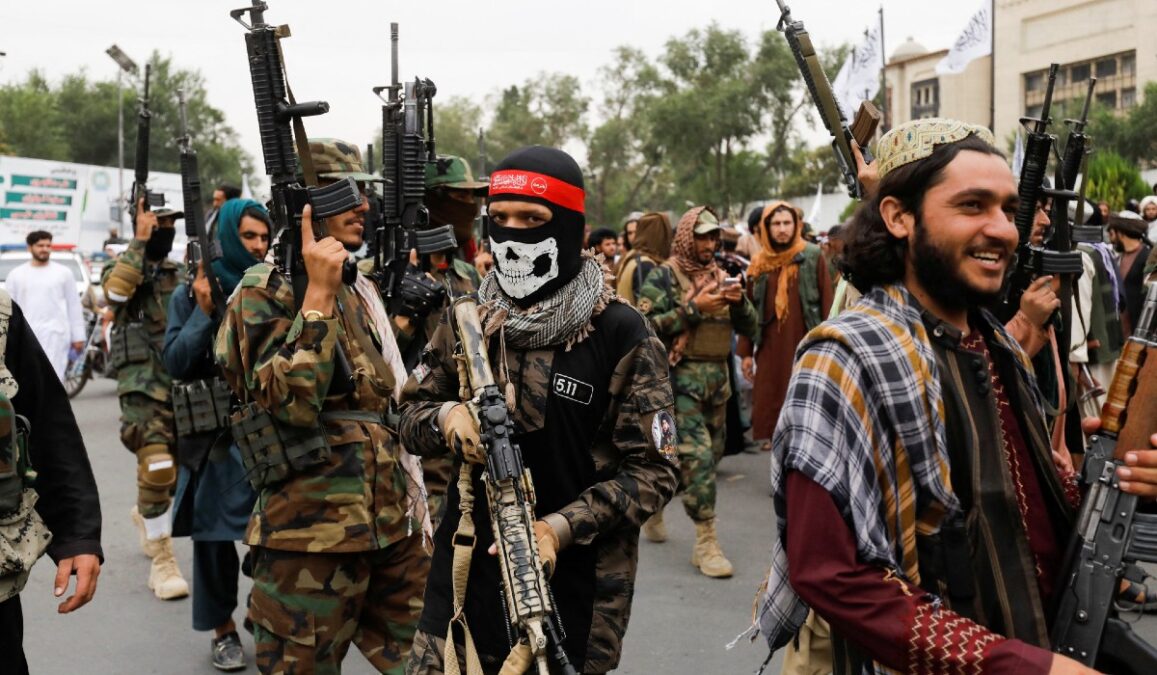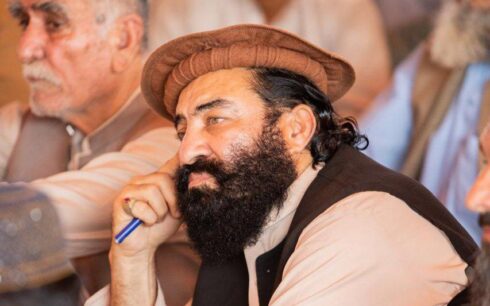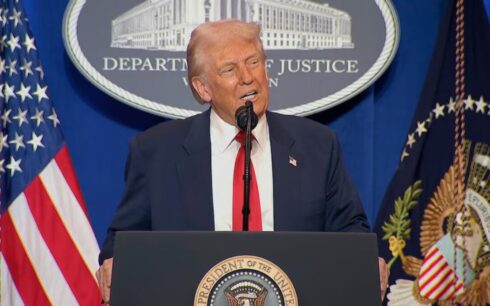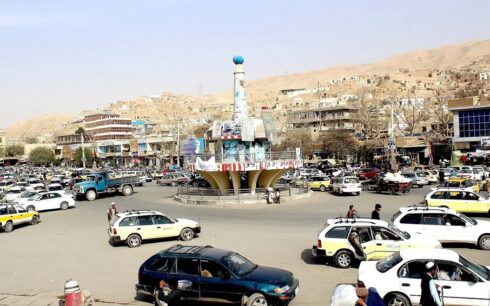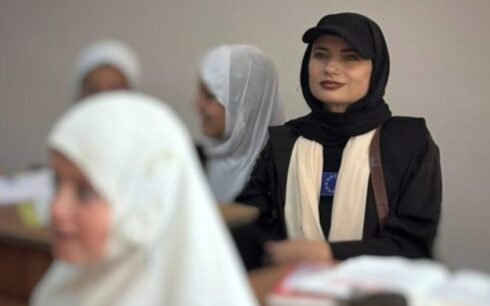The Analytical Support and Sanctions Monitoring Team of the UN Security Council has said in a report that Afghanistan under Taliban rule has reverted to “exclusionary, Pashtun-centered, autocratic policies of the Taliban administration of the late 1990s.”
According to the report, the Taliban governance structures remain highly exclusionary, Pashtun-centered, and repressive towards all forms of opposition.
The report said that the majority of Taliban ministers are Pashtun and only five of 34 provincial governors are non-Pashtun which reflects “the Taliban’s Pashtunization strategy of the 1990s, although there is more variation at the district level.”
The report also highlighted some dissent within the Taliban leadership, stating that the Taliban prioritize unity and the authority of the “leader of the faithful” (Amir al-Mu’minin), which is increasing.
“Cohesion is likely to be maintained over the next one to two years,” the report said.
Taliban’s supreme leader Mullah Haibatullah Akhundzada has been proudly resistant to external pressure to moderate his policies.
“There is no indication that other Kabul-based Taliban leaders can influence policy substantially. There is little prospect of change in the near to medium term,” the report added.
Taliban’s link with terrorist groups, the link between the Taliban and both Al-Qaida and Tehrik-e-Taliban Pakistan (TTP), remains strong and symbiotic.
“A range of terrorist groups have greater freedom of maneuver under the Taliban de facto authorities. They are making good use of this, and the threat of terrorism is rising in both Afghanistan and the region,” the report read.
The report added that the Taliban are seeking to reduce the profile of these groups by conducting operations against the Islamic State of Iraq and the Levant – Khorasan Province (ISIL-K).
According to the report, the Taliban has not delivered on the counter-terrorism provisions under the Agreement for Bringing Peace to Afghanistan between the United States of America and the Taliban.
“There are indications that Al-Qaida is rebuilding operational capability, that TTP is launching attacks into Pakistan with support from the Taliban, that groups of foreign terrorist fighters are projecting threat across Afghanistan’s borders, and that the operations of ISIL-K are becoming more sophisticated and lethal (if not more numerous),” the report said.
The report also said that it is too early to judge the impact of the Taliban’s decree banning poppy cultivation.
“At this point, prices have increased, as has production of the more profitable methamphetamine. Key Taliban individuals remain closely involved in production and trafficking,” the report added.
This comes as this week US Special Representative for Afghanistan, Thomas West, confirmed reports of a Taliban clampdown on poppy cultivation across Afghanistan.
“Reports that the Taliban have implemented policies to significantly decrease opium poppy production this year are credible and important. Every country in the region and beyond has a shared interest in an Afghanistan free of drugs,” West said.
On Tuesday, the BBC reported that it carried out an investigation across the country and found there has been a marked decrease in the cultivation of poppies this year.
The BBC probe comes after Taliban leader Hibatullah Akhundzada issued a decree in April last year prohibiting the cultivation of poppies, from which opium, the key ingredient for heroin, can be extracted.
BBC reported: “We found a huge fall in poppy growth in major opium-growing provinces, with one expert saying annual cultivation could be 80% down on last year.”
Provinces visited included Nangarhar, Kandahar, and Helmand. Studies of satellite images were also done.
The new satellite images studied by Alcis, a UK firm that specializes in satellite analysis, reveal a staggering 99% reduction of poppy growing in Helmand province, one of the main opium cultivation areas of Afghanistan.
The Analytical Support and Sanctions Monitoring Team, meanwhile, stated that the Taliban authorities have had some success in revenue generation and budgetary management, with the caveat that data on expenditures is scant and opaque.
“The effectiveness of the sanctions regime appears mixed. There is little evidence that it substantially impacts Haibatullah’s decision-making, but lifting sanctions measures is a constant demand by the Taliban engaging Member States,” the report said.
The Taliban has not commented on the report so far.

